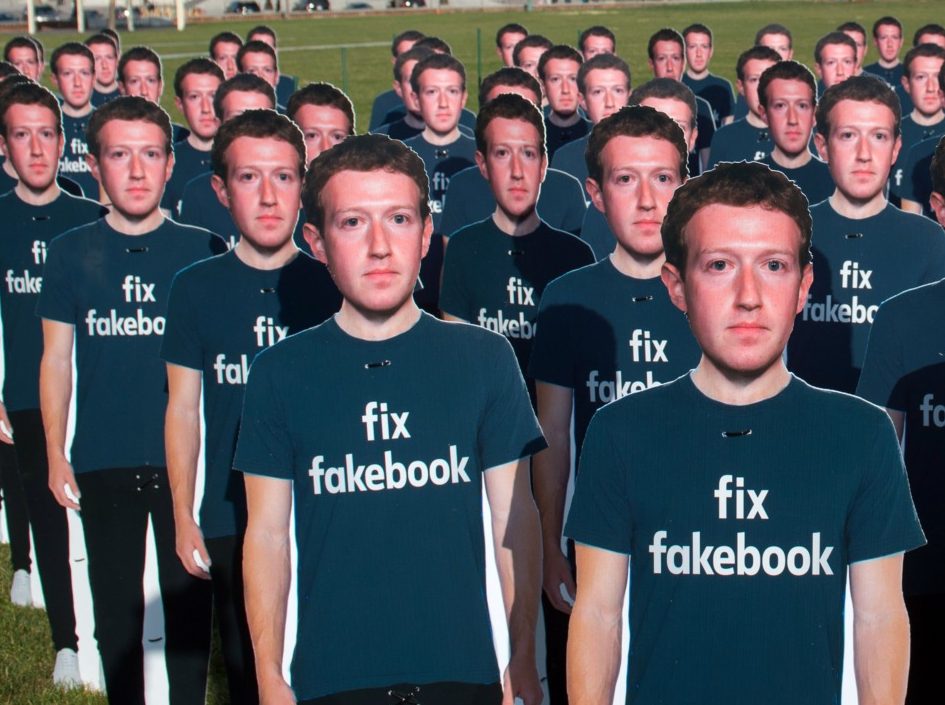Poland’s government has taken Facebook (now rebranding as Meta) to task for blacklisting a eurosceptic party with representation in the Polish parliament from Facebook.
“Today Meta announced that it would block the official Facebook page of Konfederacja, a political party which has representatives in the Polish parliament,” wrote Janusz Cieszyński, the Secretary of State for Digital Affairs in the Chancellery of the Prime Minister of Poland, in a letter to the Mark Zuckerberg led social media giant dated January 5th.
Cieszyński said he had “been informed that the blocking is due to the repeated spreading of COVID-19 disinformation on the party’s Facebook profile” and noted that the Polish government was “itself conducting a number of activities aimed at combatting” disinformation of the type alleged — but insisted in bold print that “Nevertheless, on behalf of the Government of the Republic of Poland, I would like to protest your decision in the strongest terms and [call on you to bring] the profile back to Facebook.”
“I believe that this decision sets a dangerous precedent in which a legally operating political party, which enjoys considerable support and has a representation in parliament, loses an important platform where they can reach out to its voters,” he explained, accusing Facebook of taking away “a major political discourse opportunity” from “both sides of the democratic process” — which he described as “the essence of modern European society.”
Cieszyński issued this spirited defence, in which he went on to warn against “Facebook community standards” being used as “a pretext for destroying democracy in which different views clash on an equal footing”, despite the fact that Konfederacja is something of a right-populist rival to Poland’s Law and Justice Party (PiS) led national conservative government, being equally strong on border control, arguably stronger on reclaiming sovereignty from the European Union, and supportive of tax cuts.
Poland has been the tip of the spear in Western conservatives’ nascent drive to reclaim the online public square from left-liberal Big Tech corporations, where previously the right had often been loath to tackle widespread and seemingly selective censorship on grounds that Facebook, Twitter, YouTube and so on are “private businesses”.
In early 2021, the Polish government revealed draft legislation aimed at preventing tech giants from deleting posts and banning or shadow-banning users on a whim, in a move originally inspired by the removal of certain Christian conservative pages from Facebook but given new impetus by the mass purge of then-U.S. President Donald Trump from virtually all the major social media platforms.
Poland’s Minister of Justice Zbigniew Ziobro and his deputy Sebastian Kaleta, who played a key role in crafting the draft legislation, wanted to set up a Free Speech Board which social media users could appeal to if banned or censored for speech which is legal under the Polish constitution, with social media platforms obliged to follow its rulings or face massive fines.
“Whether someone’s content violates the law should not be decided by a foreign, corporate entity,” Kaleta said at the time.
